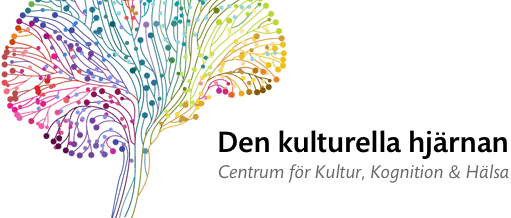Tisdag den 4 juni 2019 håller Fredrik Ullén en föreläsning om kreativitet och flow på Max Planck-institutet för empirisk estetik i Frankfurt.
The Flow Nexus: Individual Variation in Flow Proneness and its Correlates
Being in Flow refers to the enjoyable experience of complete engagement with an activity. Children engrossed in playing, artists wholeheartedly devoted to their craft, athletes fully focused on their sports, and workers finding pleasure in fluently doing their job, are just a few examples of Flow. Fredrik Ullén, internationally renowned as both a concert pianist and a neuroscientist, will present scientific insights into what characterizes people who frequently experience Flow.
There are large individual differences in how frequently people have Flow experiences. This variation is likely to depend on situational variables, i.e. environmental opportunities to engage in Flow promoting activities, as well as trait differences in the proneness to experience flow.
Flow Proneness and its association with other variables have been the focus of several large-scale studies in recent years. This research shows that Flow Proneness is correlated with major personality dimensions, motivation, and emotional competence. Associations with cognitive ability, in contrast, are weak or nil.
Furthermore, Flow Proneness is associated with long-term engagement and creative achievement within a specific field. Finally, Flow Proneness correlates with several measures of psychological health, including lower levels of depressive symptoms at work and emotional exhaustion.
Here, I will summarize this literature and discuss possible underpinnings of the observed associations, with reference to results from twin modelling, as well as physiological and neuroimaging studies of Flow. In conclusion, I will suggest that Flow may be a critical ingredient in a psychologically sustainable engagement, where high commitment, creativity, and achievement go together with psychological wellbeing.
_____
Fredrik Ullén är professor I kognitiv neurovetenskap vid Karolinska Institutet sedan 2010. Hans forskning handlar om kunskap och kreativitet, alltså de mekanismer i hjärnan som gör det möjligt att exempelvis spela musik på en mycket hög nivå. Han leder ett stort forskningsprogram, Humans Making Music, med forskare inom Sverige och utomlands. Han är samtidigt verksam som konsertpianist och har framträtt i Europa, Kanada och USA. Han medverkar på ett tjugotal CD-skivor.
Mer om flow kan du läsa i denna intervju med Mihály Csíkszentmihályi, som myntade begreppet.



